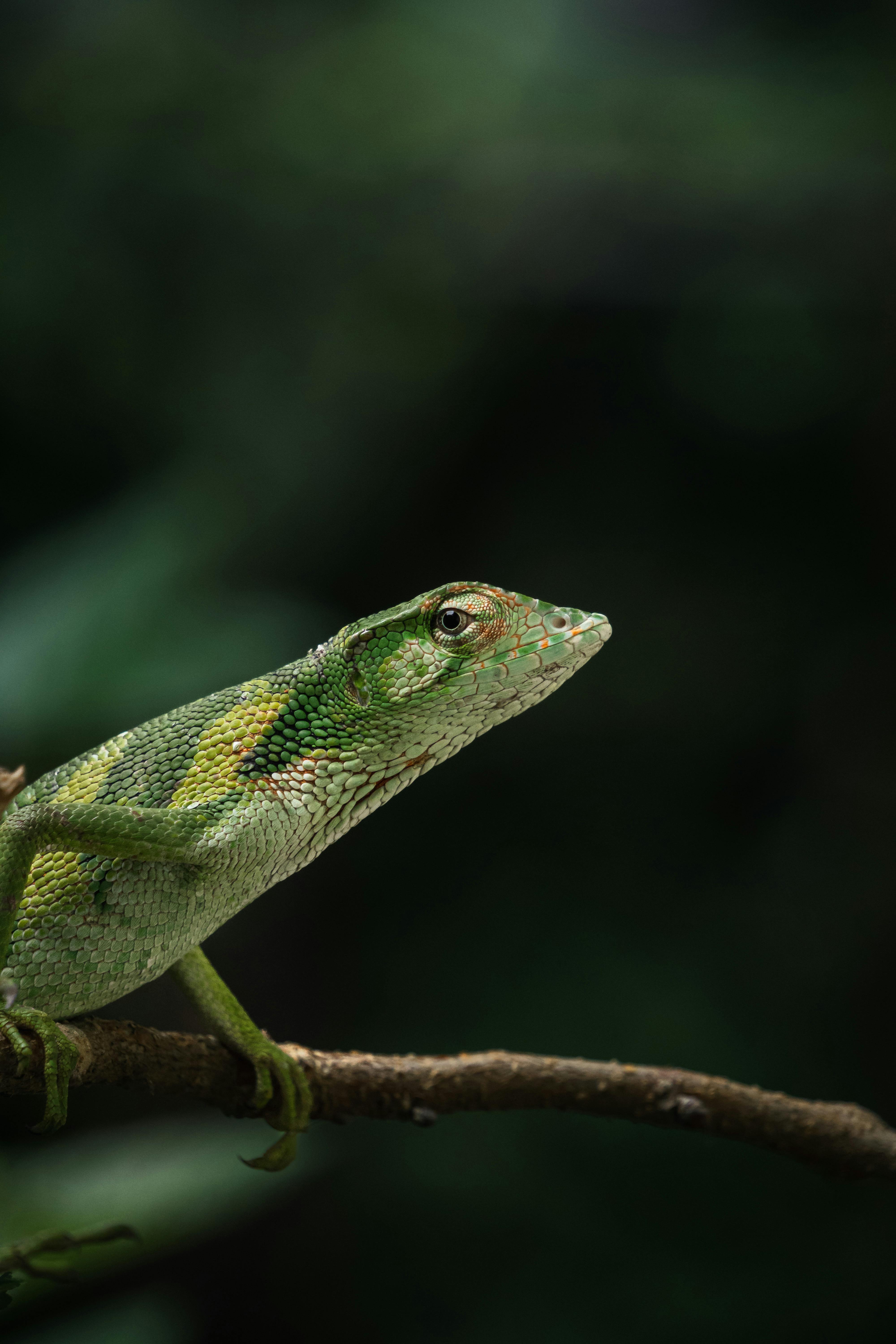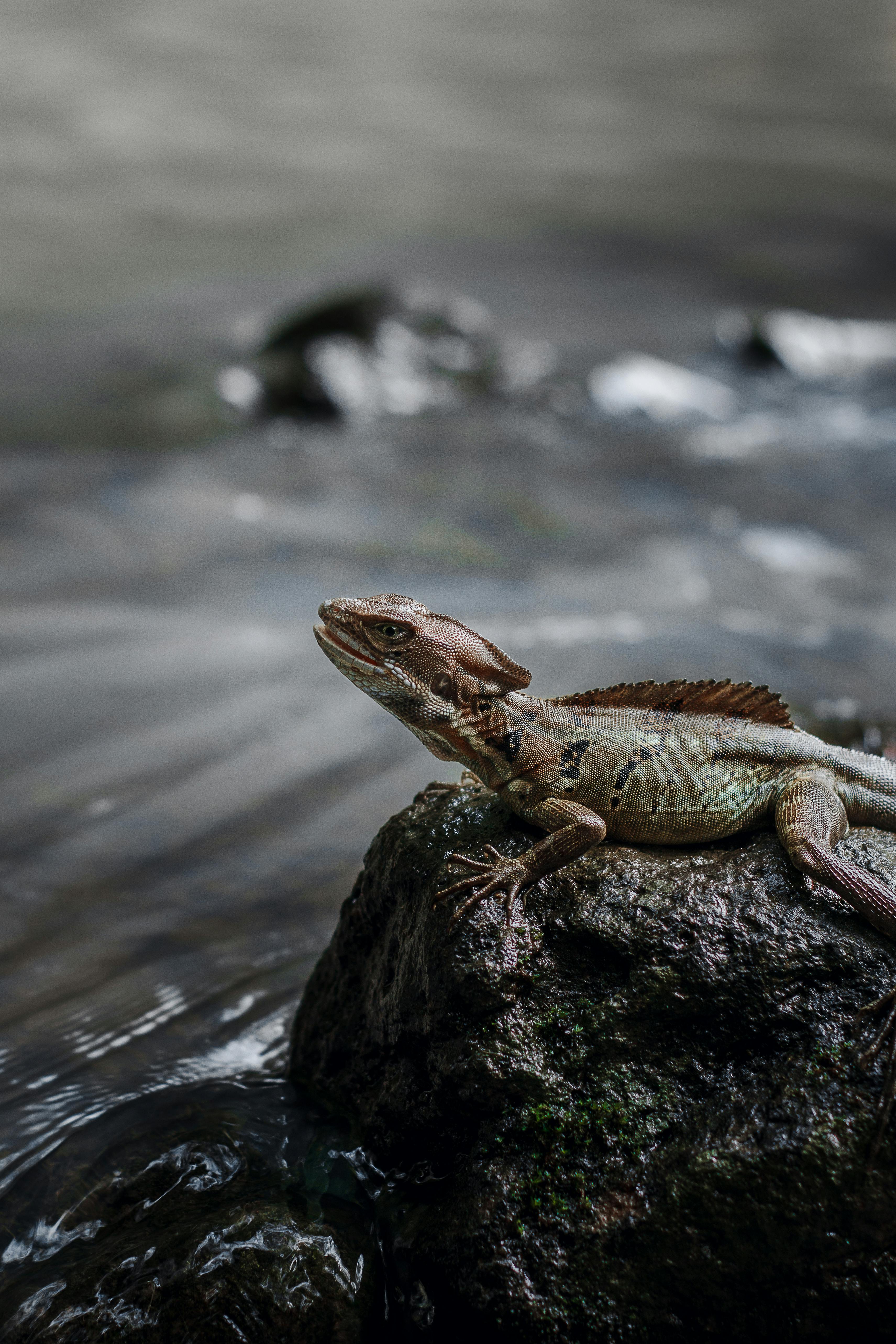Once upon a time in the reptile world, there was a lively debate happening about grapes and dragons. Yes, you heard it right – grapes and dragons! Some reptiles believed that grapes were a delicious treat, while others thought they were too sweet. Meanwhile, a few reptiles had heard rumors about dragons who loved to munch on grapes. It was an exciting and mysterious topic that had everyone talking. Let’s jump right into this grape debate and uncover the truth about grapes and dragons in the reptile world!
The Importance of Nutrition in Reptiles
Reptiles, like dragons and other species, require a well-balanced diet to thrive and stay healthy. Nutrition plays a crucial role in their growth, development, and overall well-being. A balanced diet ensures that reptiles receive all the necessary nutrients, vitamins, and minerals to support their bodily functions and immune system. One crucial aspect of reptile nutrition is providing them with the right types of food that meet their specific dietary requirements.
Grapes as a Nutritional Source
Grapes are one fruit that is often debated when it comes to feeding reptiles, including dragons. These small, juicy fruits offer several nutritional benefits and can be a healthy addition to a reptile’s diet when consumed in moderation.

This image is property of images.pexels.com.
The Nutritional Needs of Dragons
Dragons, like bearded dragons, have specific nutritional needs that must be met to maintain their optimal health. They require a diet that includes a variety of foods to ensure they receive the right balance of nutrients.
The Debate Surrounding Grapes for Reptiles
The use of grapes as a part of reptile diets has stirred up a debate among reptile owners and experts. There are arguments both for and against including grapes in a reptile’s diet.
The Argument Against Feeding Grapes to Reptiles
One argument against feeding grapes to reptiles is the potential choking hazard they pose. Reptiles, such as dragons, have small mouths and throats, making them more susceptible to choking on larger pieces of food. The size and texture of grapes could present a risk in some cases.
The Argument For Feeding Grapes to Reptiles
On the other side of the debate, there are arguments in favor of feeding grapes to reptiles. Proponents claim that grapes offer hydration benefits and are a natural source of antioxidants, which can promote overall health for reptiles.
The Potential Dangers of Grapes for Reptiles
While grapes can provide nutritional benefits, there are potential dangers that reptile owners must be aware of.
Grapes as Potential Choking Hazards
The small size and round shape of grapes can make them a choking hazard for reptiles, especially if they are not properly prepared. Reptile owners must take precautions to prevent their pets from choking on grapes by cutting them into small, safe-to-eat pieces.
Grapes as Potential Sickness Triggers
Some reptiles may have a sensitivity or allergies to certain foods, including grapes. In some cases, consuming grapes can lead to digestive issues, such as diarrhea or vomiting. It is important to monitor the reptile’s reaction to grapes and consult with a veterinarian if any adverse symptoms occur.
The Benefits of Grapes for Reptiles
While there are potential dangers, grapes can also offer several benefits when included in a reptile’s diet.
Grapes as a Source of Hydration
Grapes are composed mostly of water, making them a hydrating snack for reptiles. Proper hydration is essential for reptiles’ overall health and helps maintain their bodily functions.
Grapes as a Natural Source of Antioxidants
Grapes contain antioxidants, such as resveratrol, which can have various health benefits for reptiles. These antioxidants help fight against harmful free radicals and support a healthy immune system.

This image is property of images.pexels.com.
Alternative Food Options for Reptiles
For reptile owners who choose to avoid or limit the use of grapes, there are alternative food options available that can meet their pets’ nutritional needs.
Recommended Fruits for Reptiles
Some recommended fruits for reptiles include blueberries, strawberries, melons, and papayas. These fruits offer nutritional benefits and are often safer options for reptiles to consume.
Safe Vegetables for Reptiles
Vegetables are an essential part of a reptile’s diet and provide necessary vitamins and minerals. Safe vegetable options for reptiles include leafy greens like kale, collard greens, and dandelion greens, as well as squash, bell peppers, and carrots.
Understanding the Digestive System of Reptiles
To ensure the proper nutrition of reptiles, it is essential to understand their unique digestive system.
The Unique Digestive System of Dragons
Dragons, such as bearded dragons, have a specialized digestive system that allows them to process a wide variety of foods. They are omnivorous, meaning they can eat both plant matter and insects.
The Digestive System of Other Reptiles
While the specific details of the digestive systems may vary among reptile species, many reptiles, including snakes and turtles, have similar structures. They have adaptations to process their chosen diets, whether herbivorous, carnivorous, or omnivorous.

Research and Studies on Grape Consumption in Reptiles
Scientific studies and case studies have been conducted to explore the effects of grape consumption in reptiles.
Scientific Studies on Grape Consumption
Some scientific studies have investigated the nutritional benefits and potential risks associated with feeding grapes to reptiles. These studies provide valuable insights into the impact of grape consumption on reptile health.
Case Studies of Grape Feeding in Reptiles
Case studies involving reptiles that have consumed grapes have also been documented. These case studies provide real-life examples of how grape consumption can affect reptiles, both positively and negatively.
Expert Opinions on Grape Feeding for Reptiles
The opinions of veterinarians and herpetologists, who are experts in reptile care, can provide valuable insights into the debate surrounding grape feeding for reptiles.
Veterinarians’ Opinions on Grape Feeding
Some veterinarians argue that grapes can be included in a reptile’s diet in moderation, as long as proper precautions are taken to ensure their safety. They emphasize the importance of knowing the specific dietary needs of individual reptiles before introducing grapes.
Herpetologists’ Opinions on Grape Feeding
Herpetologists, who specialize in the study of reptiles, may have varied opinions on grape feeding for reptiles. Some may advocate for a wider variety of fruits in a reptile’s diet, while others may recommend caution or avoiding certain fruits altogether.
Best Practices for Feeding Grapes to Reptiles
If you choose to include grapes in your reptile’s diet, it is essential to follow best practices to ensure their safety and proper nutrition.
Proper Grape Serving Size
Reptile owners should provide appropriately sized grape pieces to minimize the risk of choking. Cutting grapes into small, bite-sized pieces can help ensure safe consumption.
Preparing Grapes for Reptile Consumption
Before feeding grapes to reptiles, it is crucial to thoroughly wash them to remove any potentially harmful pesticides or residues. Organic or pesticide-free grapes are ideal for reptile consumption.
Common Myths and Misconceptions About Grape Feeding
There are several myths and misconceptions surrounding grape feeding for reptiles that need to be debunked.
Grapes Causing Impaction in Reptiles
One common myth is that grapes can cause impaction in reptiles. While it is essential to monitor the size of grape pieces and the reptile’s ability to digest them, grapes in appropriate portions are unlikely to cause impaction.
All Reptiles Reacting the Same to Grapes
Another misconception is that all reptiles react the same way to grapes. Each reptile species may have unique dietary requirements and tolerances, and reactions to grape consumption may vary. It is important to consider the individual needs of each reptile species when deciding to include grapes in their diet.
In conclusion, the debate surrounding grape feeding for reptiles, such as dragons, is ongoing. While grapes can offer nutritional benefits, they also pose potential dangers, such as choking hazards and allergic reactions. Reptile owners should consider the opinions of experts, monitor their pets’ reactions, and follow best practices when including grapes in their reptiles’ diets. Alternative food options are available to meet the nutritional needs of reptiles, ensuring their overall health and well-being.
